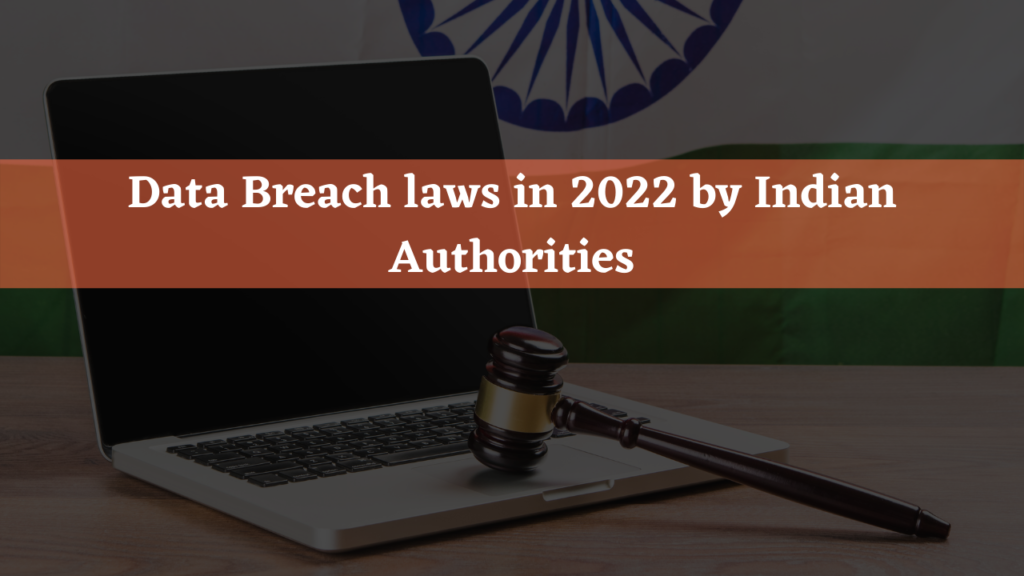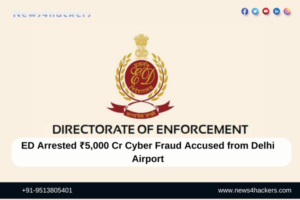Data Breach laws in 2022 by Indian Authorities

Data Breach laws in 2022 by Indian Authorities
According to local media reports, Indian authorities are getting to clamp down on data breaches and tighten laws for storing sensitive data. Data Breach laws in 2022 by Indian Authorities | Organizations would be required to report data breaches within 72 hours, putting India into step with countries just like the EU, which require breach notifications under its General Data Protection Regulation (GDPR).
In addition, only card issuers and card networks – like Visa or Mastercard – are going to be allowed to store payment card information, with only card issuers and card networks – like Visa or Mastercard – being allowed to try to do so.
Payment Card Industry Data Security Standard
Starting January 1, 2022, the Federal Reserve Bank of India (RBI) will impose new restrictions on who can keep payment card data. Only the card issuer and therefore the card network are allowed to stay full card details under the new guidelines.
Others, like shops, are only allowed to stay a limited amount of knowledge for the identification or “reconciliation reasons.” The last four digits of the card number, also because the name of the card issuer, are included during this information. Any company that retains full card data but isn’t the card issuer or network must erase it. The new restrictions come after initiatives in recent years to permit card networks to supply tokenization services for payment card information.
Notification of a knowledge breach
Organizations in India would be required to report any data breach within 72 hours, and people who knowingly expose personal data without the agreement of the information processor could face jail time or fines. Following a breach, businesses must report any leaks and take “necessary remedial measures” to guard their customers.
The suggestion comes as a joint committee of the Indian parliament’s lower and upper chambers, the Lok Sabha and Rajya Sabha, considers the Personal Data Protection (PDP) Bill, which was first introduced in December 2019. According to local media sources, India’s Data Protection Authority is predicted to start implementing the measures over the subsequent few months.
Penalties
For anyone who knowingly reveals personal data without authorization, the penalties include up to 3 years in prison or fines of up to 200,000 rupees ($2,678).If a ‘data fiduciary’ or data controller fails to report a breach, register with the DPA, undertake the acceptable audits, or employ a knowledge protection officer, it faces a punishment of up to twenty of worldwide revenue, or 50 million rupees (about $669,308). Social media businesses, unless they “act as intermediaries,” should be recognized as content creators under the DPA, consistent with the Joint Parliamentary Committee. As a result, social media companies are going to be held responsible for anything posted on their platforms by unverified users.
On the subcontinent, cybersecurity experts commend the new legislation for bringing India’s data privacy and security up to international norms.” India is upgrading its approach to security to meet or exceed that of other countries across the world,” said Deepak Naik, a Mumbai-based vice president at cybersecurity firm Qualys.“It is going to be easier for enterprises to understand what security they have to place in to perform their operations if the required standards are in situ and codified in regulation.”This will enable the expansion of digital enterprises in India as reliable, safe firms that buyers can believe especially, considering the PDP bill.
Visit site for Cybersecurity Course:- click here








